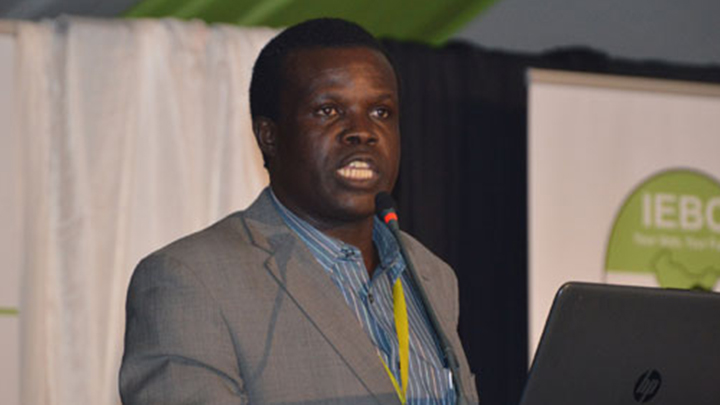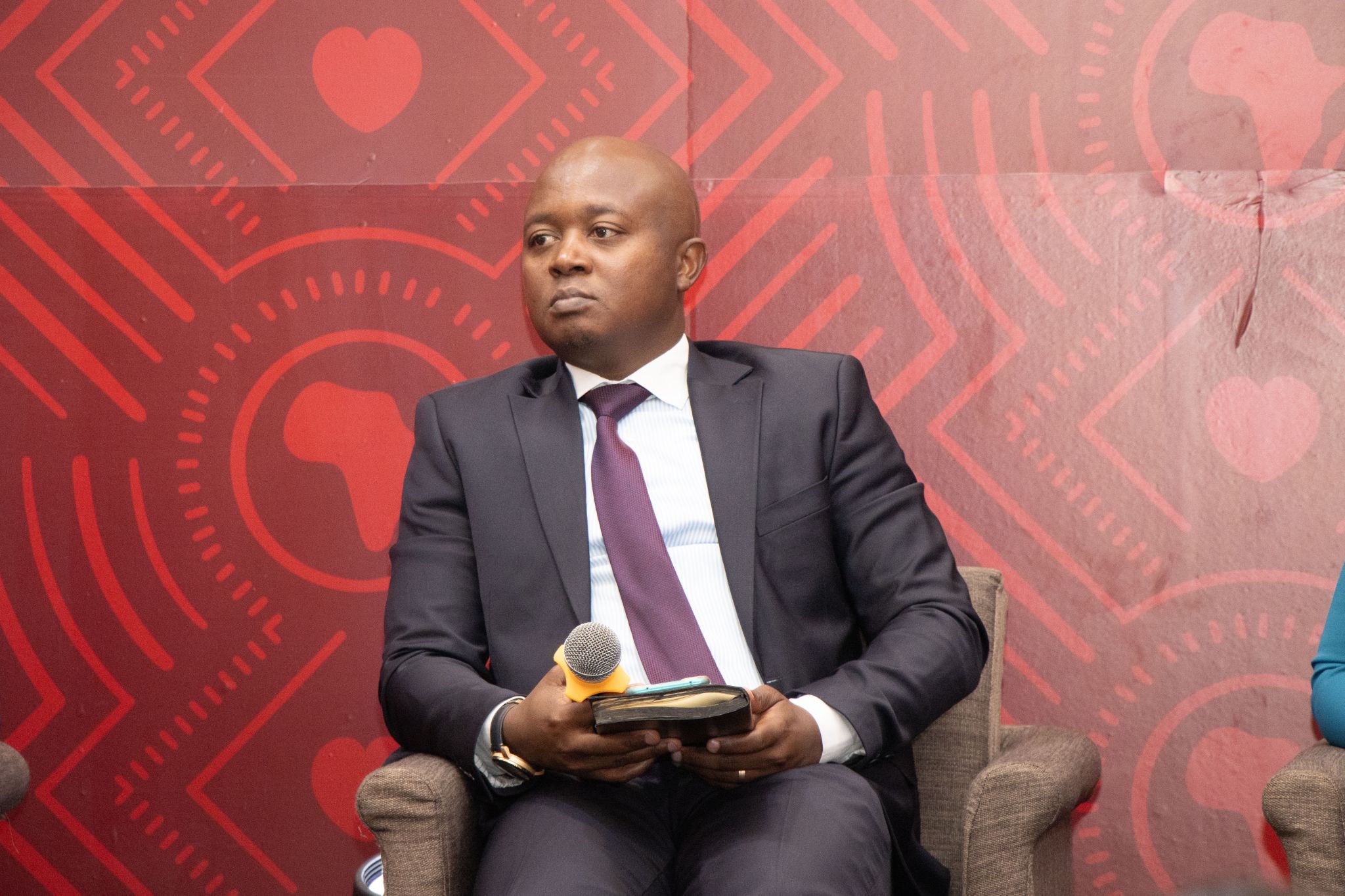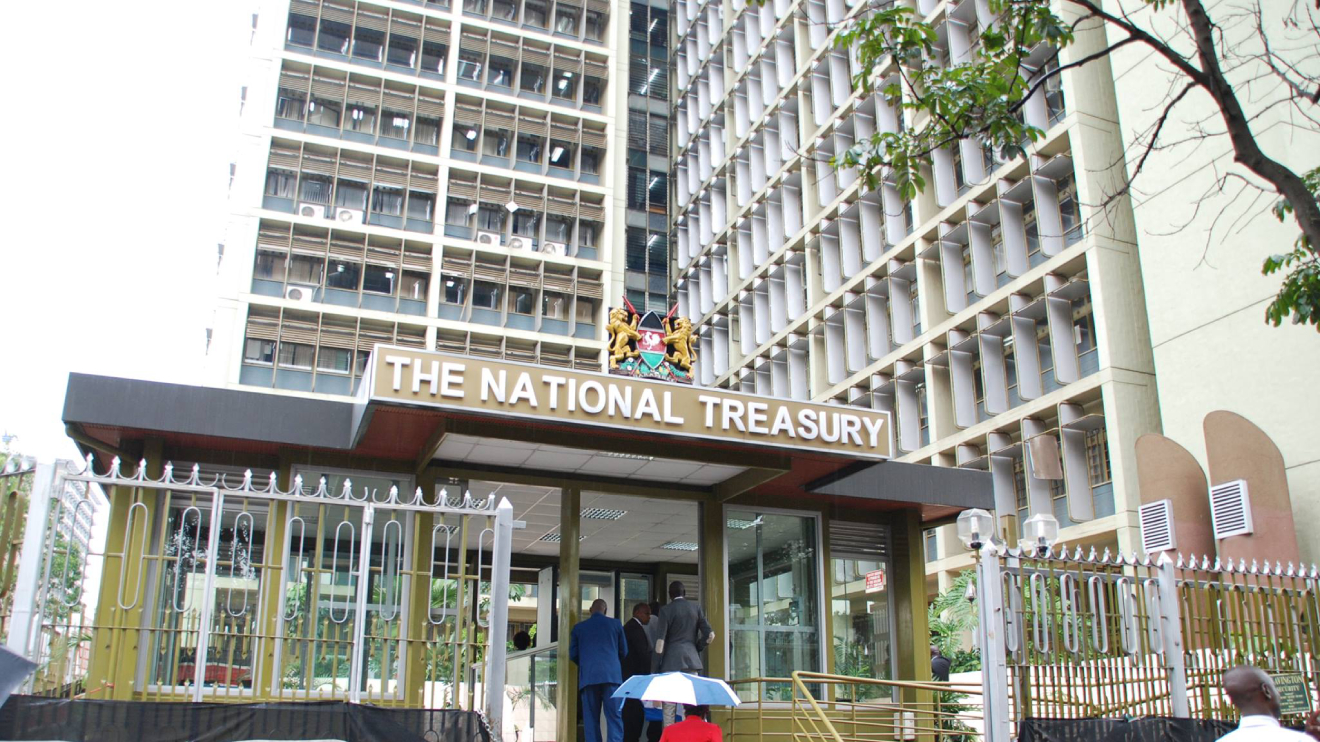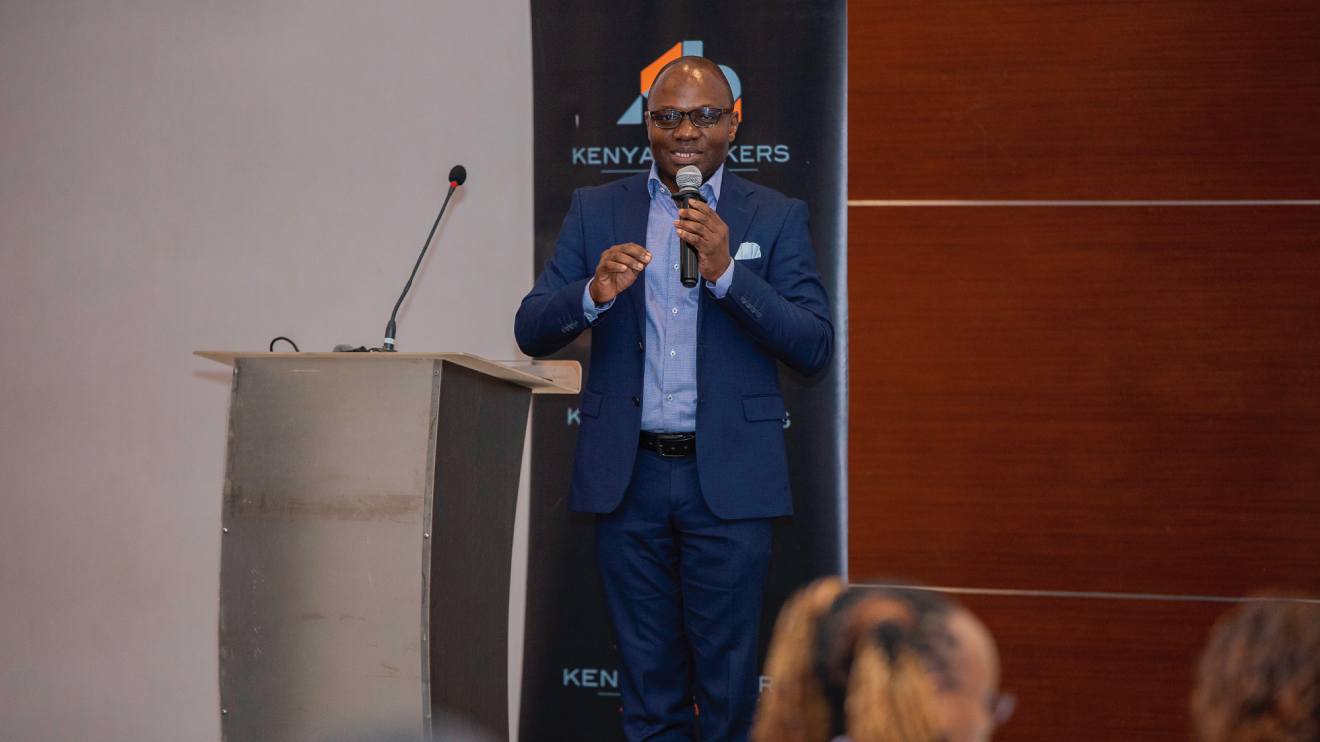Public Benefit Organizations in Kenya, popularly known as Non-Governmental Organizations have the potential to reduce the amount of loans that the country continues to borrow from bilateral and multilateral partners to fund its development programmes if the government were to establish an enabling policy, legal and regulatory environment for the civil society in the country.
The organizations have also shown that they are capable of creating employment opportunities that can absorb the high number of youth graduating from institutions of higher learning, and unshackle them from the current state of dependency, idleness, crime, depression and suicidal tendencies that seem to be taking root among the youth in the country.
Report by NGO Coordination Board
A report released by the Non-Governmental Organizations Coordination Board on the contribution of the sector in the 2018/2019 fiscal year, indicated that 3, 028 organizations that were reviewed received a total of Sh165.97 billion.
Read More
This is slightly more than half of the Sh360 billion that the government borrowed towards the construction of the Standard Gauge Railway (SGR) that together with accruing interests and repayment terms, is set to gobble national revenue for years to come.
The amount is also five times the Sh32 billion the government spent on the construction of the Nairobi - Thika Superhighway.
The bulk of the Sh165.97 billion went into health, with general health and HIV accounting for a whopping Sh13 billion and Sh10.6 billion respectively.
And because HIV/AIDS is a health issue, these figures indicate that the 3,028 organizations that were reviewed contributed Sh23.6 billion.
Other than the health sector, the report by the NGO Coordination Board indicated that the 3,028 organizations reviewed contributed Sh9.4 billion towards education, Sh8.8 billion towards relief and disaster; and Sh7.68 billion on children.
Other sectors that the sector contributed to immensely that accounted for the bulk of interventions are agriculture, environment, water and sanitation, and governance among others.
Employment Creation
In terms of employment creation, the report indicates that as at the time of the study in 2019, the 3,028 NGOs that were reviewed employed 39,019 Kenyans on salaried employment, with 32,868 of them based in Kenya and 6,241 stationed in neighbouring countries in the East and Horn of Africa.
The study also revealed that 37,401 Kenyans were working with the NGOs as volunteers and interns, enabling them in the process to acquire work ethics and related life skills they need to get long-term employment.
Yet despite the immense contribution of the sector towards the realization of national development goals and target, the government continues to dither when it comes to the operationalization of the Public Benefit Organizations Act that has the potential to create the much-needed enabling policy, legal and regulatory environment for these organizations thrive and make Kenya the destination of choice for international organizations that want to set their base in the country and make their socio-economic interventions in the country and the East and Horn of Africa region.
The Public Benefit Organizations Act was enacted by Parliament in 2012, and assented to by former President Mwai Kibaki on January 14, 2013 but has not been commenced to date.
Instead of operationalizing this progressive law, that has provisions that promote and ensure compliance by the sector to high standards of good governance, transparency and accountability, the Jubilee government has over the years it has been in power keener to accuse the sector of all manner ills rather than implementing the law that would harness the sector’s contribution through strong partnership and collaboration towards the realization of socio-economic development as outlined in the Third Medium Term (MTP III) for the period 2018 - 2022.
It is less than one year to the end of implementation of the Third Medium Term (MTP III) but the Public Benefit Organizations Act is yet to be operationalized as the government itself stated, depriving Kenyans and the sector the opportunity to optimize their contribution towards the country’s socio-economic development.
Call to operationalize
The Civil Society Reference Group (CSRG), therefore, calls on the government to implement the Public Benefit Organizations Act that has the promise to create enabling policy, legal and regulatory environment that the public benefit organization sector needs to make Kenya the destination of choice for local and international NGOs that can save the country from growing debts.
With such an environment, annual budgetary allocations towards social services such as health, education and general welfare will be highly subsidized and complemented by NGOs, thereby making it possible for the government to reallocate funds earmarked for these services towards infrastructure development and maintenance.
Suba Churchill is the Presiding Convener, Civil Society Reference Group (CSRG) and Coordinator, National Civil Society Congress (NCSC).





-1753808187.jpeg)



-1756917651.jpg)


